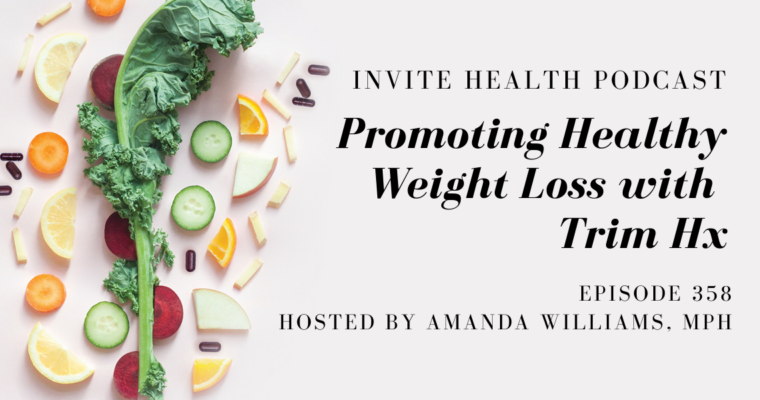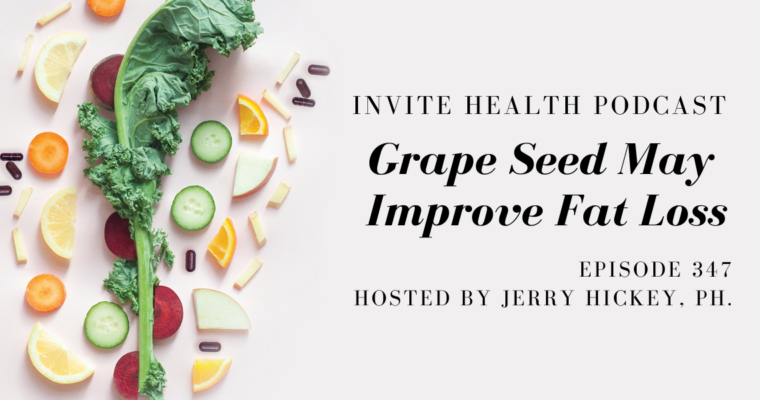Written by Jun Wang, MS of InVite® Health
Weight loss is a challenge. Technology has led to a sedentary lifestyle; instead of physical activity, a large majority of Americans spend their time in front of a screen, lending to an unhealthy epidemic – obesity. However, technology has also had a massive impact on weight loss. Apps like HealthyWage encourages people to lose weight by challenging them. The challenge is to bet on yourself to lose weight. If you don’t reach your weight loss goal in the allotted time frame, you lose your money. However, if you achieve your goal, HealthyWage will match your bet, and you can make a hefty profit. The allotted time you are allowed is 6 to 18 months to reach your goal.
The obesity rate is a major health issue. In 2012, the CDC categorized 69% of adults and 31.8% of children as overweight or obese. Health complications of obesity affect almost every organ in the body because obesity can cause chronic low-grade inflammation and it has a strong relationship with Metabolic Syndrome; a condition that can include high blood pressure, cholesterol and blood sugar which contributes to an earlier death. Obesity is associated with bone and joint issues, stroke, sleep apnea, and psychological problems, as well. In youth, obesity may also lead to an increase risk of developing many cancers in adulthood.
In order to lose weight, individuals must create an energy imbalance; eating less and exercising more.
There are plenty of approaches people can take in order to help with losing weight, so here is a list of some different approaches you can take –
Dietary Behavior Approach
24 Hour Food Recall: Record your food intake from the moment you wake up to the time you go to bed. This helps assess the calorie count and nutritional value of what you are eating.
Calorie Calculator: According to the Mifflin-St Jeor Equation, the calories that are needed to maintain weight is equal to the amount of energy expended per day, multiplied by an activity factor6. Simply put, entering your consumption into a calorie calculator may give you an idea of how many calories to consume daily in order to lose or gain weight. Cutting your calorie intake drastically will not be a quick fix! To lose weight, it is best to cut calorie intake gradually and consistently and be sure to keep up activity levels.
How eating a healthy breakfast can help keep your weight in check!
Energy Density (ED): ED is the number of calories (energy) in a specific amount of food.7 Water and fiber have relatively none to very low energy density, while fat is the most energy dense food component. In general, fruits, vegetables and broth-based soups are rich in water and fiber, but light in fat. Have a glass of water before a meal or chose a serving of vegetables or soup to start, which will improve satiety and help prevent you from eating more fat. With activity, your body uses calories for energy. Once that energy is used up, your body is running on fumes. Avoid going longer than 4-5 hours between healthy meals.
Physical Activity Approach
Physical activity is a must for weight loss and management. Thirty minutes of moderate-intensity aerobic activity daily (150 min/week) is recommended to reduce chronic disease risk and sixty minutes of moderate daily activity (300 min/week) is recommended to prevent weight gain in adulthood.
A Natural Approach
According to Scientific Director and Pharmacist, Jerry Hickey, “Research shows that taking a protein supplement after a meal helps you feel satiated. This curbing of your appetite decreases craving for food. Imparting a feeling of satiation improves the success of any diet plan. Additionally, staying on a post-meal protein supplement has been shown to help dieters keep the weight off successfully months after dieting is over and in fact they often continue to loose some additional weight. Your choice of protein can offer additional benefits. Choosing a New Zealand source milk protein isolate or high quality whey protein may be the best choice if you need to improve the building of bone. These two proteins also supply the ingredients used by your body to create an incredibly protective antioxidant known as glutathione which benefits the entire body. Glutathione is involved with organ protection, detoxification, and immune system health. Choosing a non-genetically modified soybean derived protein also improves satiety, protects bone health, and may help lower your cholesterol modestly.”
Are you making common weight loss mistakes? Click here to find out!
White kidney beans supply a carbohydrate blocker that inhibits the enzyme amylase from breaking starches down into sugar; absorbing less sugar from foods such as bread, potato, pasta or rice helps reduce your intake of calories. Probiotics are live bacteria that support the activity of the body’s healthy bacterial population. They help burn calories by releasing the appetite-reducing hormone GLP-18,9 . They decrease body fat by increasing levels of the protein ANGPTL4. Probiotics have been shown in clinical trials to reduce inflammation and may improve gut health. A meta-analysis of 17 randomized clinical trials in humans indicates that probiotics help treat obesity. CLA (Conjugated linoleic acid) made from safflower oil helps reduce body fat by inhibiting the activity of the enzyme lipoprotein lipase which normally would transfer fats from the bloodstream into fat cells. CLA also promotes carnitine palmitoyltransferase, which helps burn fat, improving energy. A meta-analysis of 18 randomized, double-blind, placebo-controlled clinical trials (the gold-standard of clinical trials) concluded that taking 3.2g/d of CLA effectively reduces body fat in humans.
A dietary lifestyle change and combination of exercise and premium quality supplements can lead you on a journey to your best health and best weight, naturally.
What are the biggest challenges you face when trying to lose weight? Do you have questions for Jun Wang, MS about weight loss? Leave him a comment below to join the conversation.




